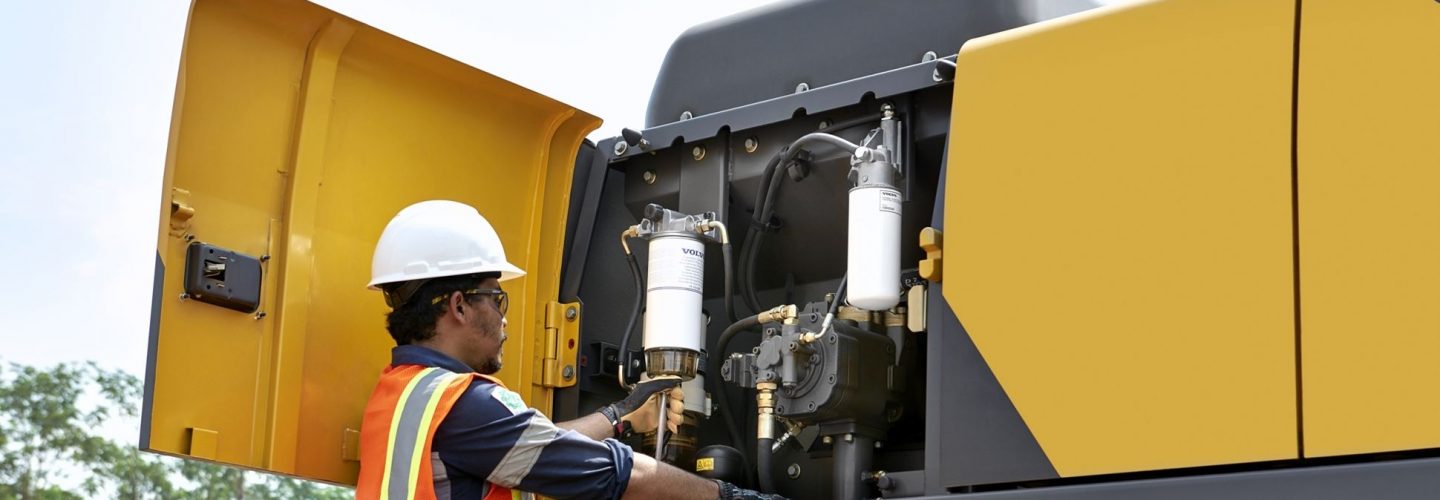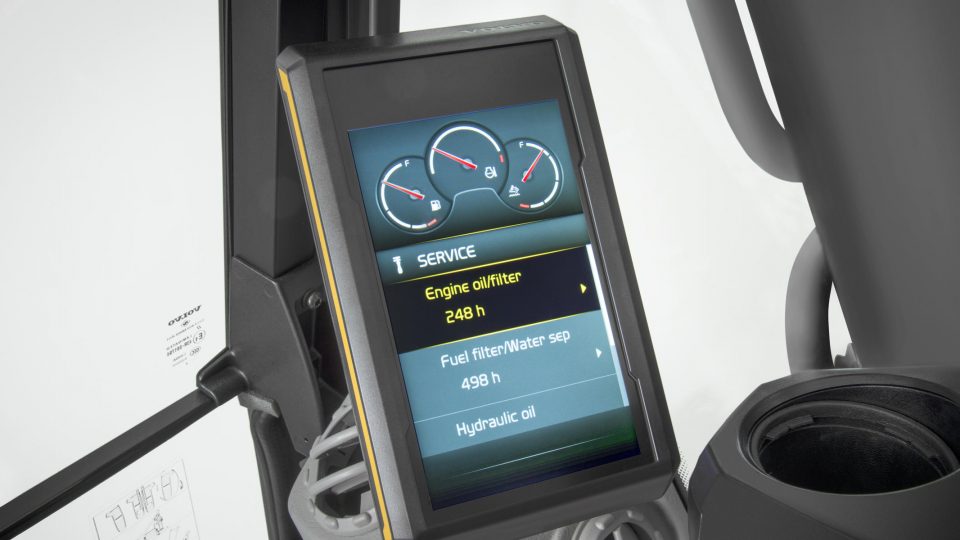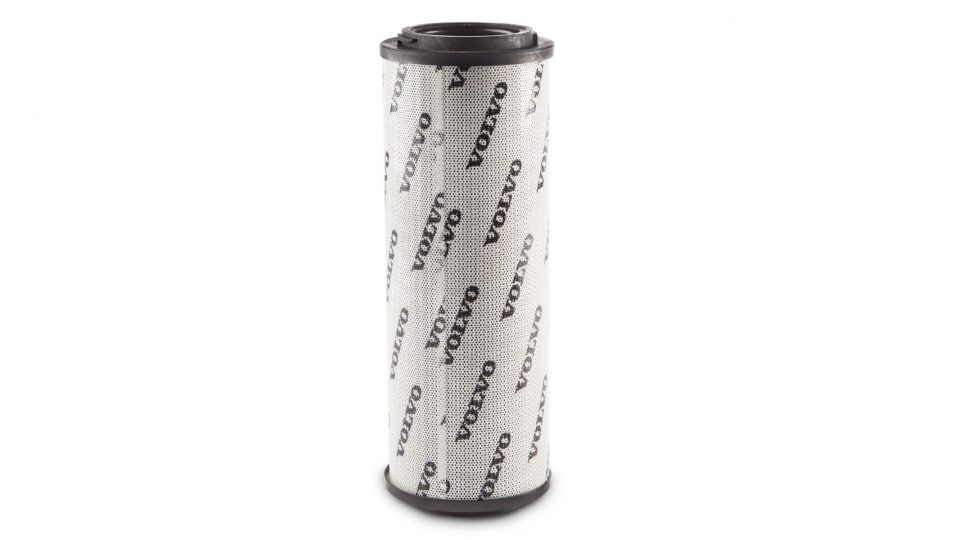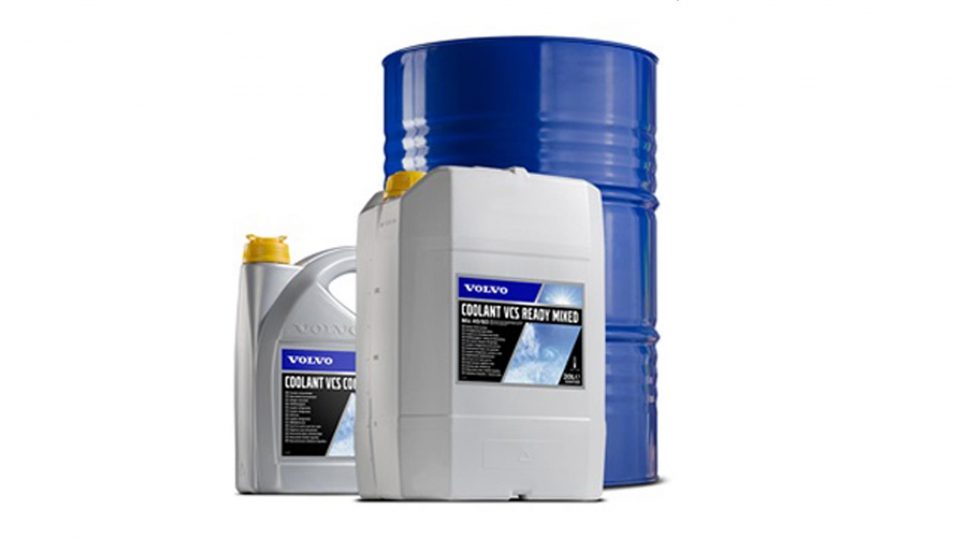1. Drain the water separator every morning
Condensation often forms in the engine overnight due to the drop in temperature so draining the water separator should be the first thing an operator does before starting their shift in the morning. If not, the water might go into the injectors where it turns to steam, leading to corrosion. Not draining the water separator is among the most common causes of excavator failure.
2. Check track tension once a week
Track tension should always be a little slack. If the tension on the track is too tight, the pressure can cause unnecessary wear to the chain and sprockets. This can happen if the distance from the bottom chain to the frame on the undercarriage has been measured incorrectly. It’s a different measurement depending on the type of material so anyone carrying out the inspection should always check the operator’s manual.
3. Don't touch the air filter until the light goes on in the cab
Fiddling with the air filter can let residue into the engine, where gritty particles will wear it out. A light will appear on the dashboard in the cab, when it is time to clean the filter (only clean it twice) or change it. Operators or technicians wishing to check the status of the filter should monitor it through CareTrack and MATRIS.
4. Always buy a replacement filter from Volvo
Using an inferior quality pirate filter risks letting grit into the engine and shortening its service life – and the engine is an expensive component to replace! Less than 5% of the total cost of ownership of an excavator goes on the oil and filter so it is not a huge cost. Operators should treat their machine like their car and spend money where it really counts on genuine Volvo parts.
5. Don't mix other coolants with Volvo coolant
The formula of Volvo coolant has been carefully developed for the ultimate performance. Mixing it with other coolants will cause it to turn a gel-like consistency, which will block the water pump and change the boiling point. Coolant has three important purposes – lubrication, avoiding corrosion and cooling – so it’s vital that it’s able to do its job, as Volvo intended.





